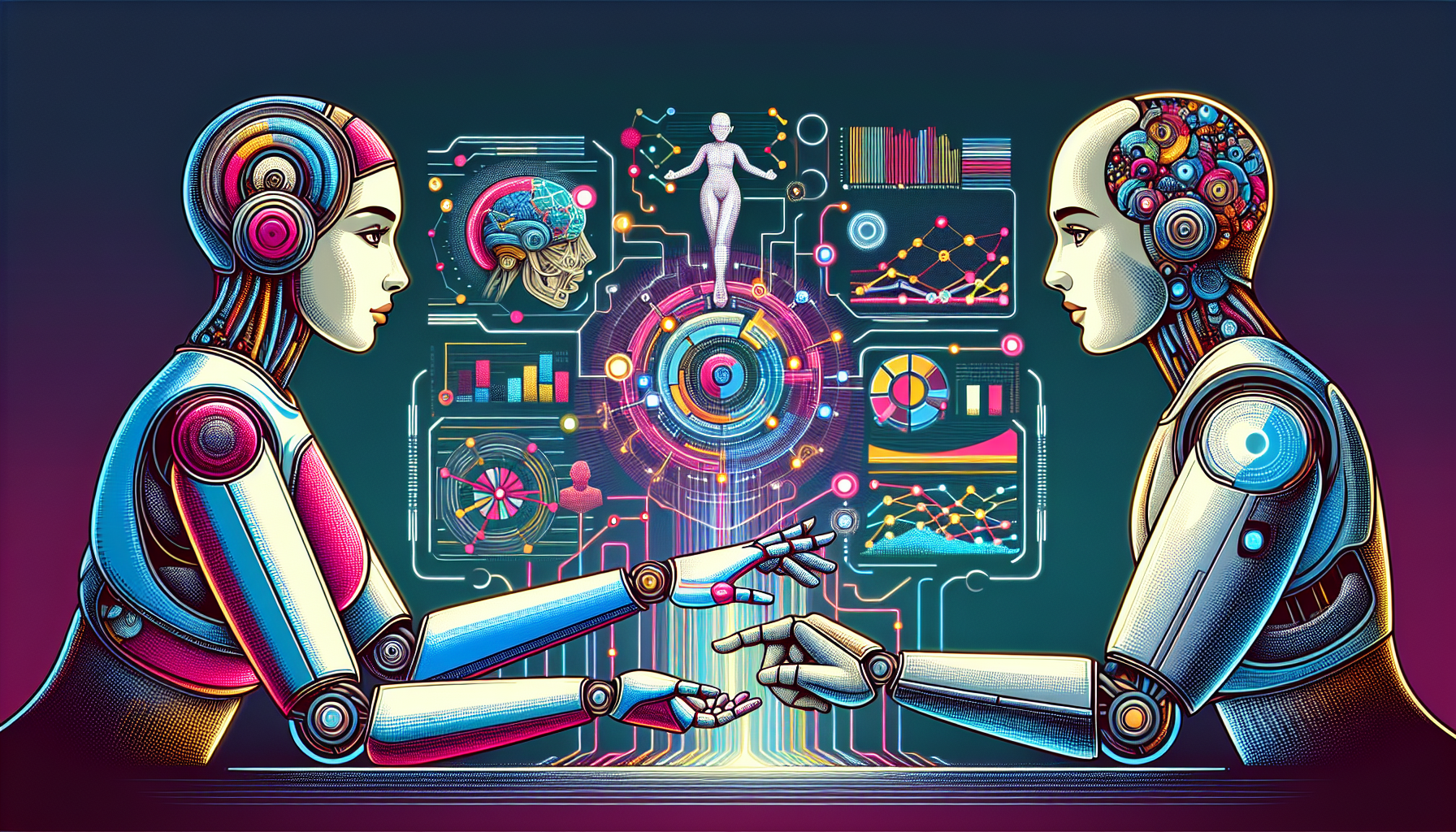Integrating ChatGPT into Your CRM: A Comprehensive Guide
Understanding ChatGPT and Its Capabilities
ChatGPT, powered by advanced machine learning algorithms, serves as a powerful tool for enhancing customer relationship management (CRM) systems. By leveraging natural language processing, it can streamline interactions, enhance data analysis, and provide personalized experiences. When integrated effectively, ChatGPT can automate responses, generate insights from customer interactions, and facilitate seamless communication between businesses and clients.
Benefits of Integrating ChatGPT into Your CRM
-
Improved Customer Experience: ChatGPT can provide instant assistance, addressing customer inquiries round the clock without delays. This leads to higher customer satisfaction rates.
-
Increased Efficiency: Automating routine tasks frees up human resources, allowing them to focus on complex issues that require personal attention and strategy.
-
Data Insights: ChatGPT can analyze conversations to extract valuable insights, helping businesses understand customer sentiment, preferences, and trends.
-
Personalization: Utilizing customer data, ChatGPT can deliver tailored recommendations, enhancing the customer’s journey and fostering loyalty.
-
Scalability: As your business grows, integrating ChatGPT allows you to manage increased customer interactions without significant resource investments.
Steps for Successful Integration
1. Assess Your CRM Needs
Before integrating ChatGPT, evaluate your CRM system’s existing capabilities. Identify pain points such as high response times, lack of personalized communication, or data silos that an AI assistant can address. Knowing your specific needs will help in configuring ChatGPT to maximize efficiency.
2. Choose the Right Platform
Select a CRM platform that supports API integrations. Popular choices like Salesforce, HubSpot, or Zoho offer flexibility and compatibility with AI tools. Ensure the chosen platform can easily accommodate ChatGPT functionalities.
3. Define Use Cases
Establish clear use cases for how ChatGPT will be employed within your CRM. Common applications include:
- Customer Support: Automating responses to FAQs and ticket resolutions.
- Lead Generation: Engaging visitors on your website to convert them into leads by collecting contact information.
- Feedback Collection: Utilizing ChatGPT to gather customer feedback through conversational surveys.
4. Data Privacy and Compliance
Ensure compliance with data protection regulations, such as GDPR or CCPA, when integrating AI into your CRM. Limit data usage to what’s necessary and maintain transparency with users regarding data storage and processing.
5. Connect ChatGPT to Your CRM
This step involves API integration between ChatGPT and your CRM system. Most platforms offer well-documented APIs for seamless connectivity. After following the integration guide provided by the CRM platform, ensure that:
- Authentication: Securely connect ChatGPT with API keys.
- Webhook Setup: Establish webhooks to trigger responses based on customer actions.
- Data Mapping: Ensure data fields correspond accurately between the CRM and ChatGPT for meaningful interactions.
6. Train the AI Model
Once integrated, training ChatGPT with relevant data is crucial. Provide it with historical chat logs, customer queries, and FAQs specific to your industry. This helps the AI learn contextually relevant responses leading to improved interaction quality.
7. Customization
Tailor ChatGPT’s capabilities to suit your brand tone and customer interactions. Custom prompts, response styles, and decision trees can enhance the overall experience, ensuring consistency with your brand voice.
8. Implement Robust Testing
Before going live, conduct extensive testing. Simulate various customer interactions to identify lapses in performance or understanding. Gathering feedback from stakeholders during this phase can highlight areas for improvement.
9. Monitor Performance
Utilize analytics tools provided by your CRM platform to continuously monitor the performance of ChatGPT. Assess metrics such as response rate, resolution time, and customer satisfaction scores.
10. Continuous Improvement
Regularly update the data used for training ChatGPT based on the latest customer interactions and business changes. Utilize periodic feedback loops to refine conversation flows and enhance AI understanding. Stay updated with advancements in AI technology to leverage improved models and techniques.
Best Practices for Optimizing ChatGPT in Your CRM
-
Keep Conversations Contextual: Train ChatGPT to remember context during interactions to avoid repetitive queries and provide a smooth conversation flow.
-
Escalation Protocol: Set up protocols to escalate complex queries to human agents. This ensures that customer issues are resolved without frustration.
-
User Feedback Loop: Encourage users to provide feedback after interactions with ChatGPT to enhance future responses. Use this data for retraining and improving AI performance.
-
Regular Updates: Keep your ChatGPT integration updated with the latest software versions and security patches to enhance performance and reliability.
-
Promote Brand Awareness: Utilize personalized messages to promote services and products tailored to customer preferences, leveraging data insights obtained from prior interactions.
Overcoming Common Challenges
1. Resistance to Change
Employees may resist adopting AI-powered solutions. To mitigate this, conduct training sessions demonstrating the value of ChatGPT and how it complements their roles rather than replacing them.
2. Ensuring Accuracy
While ChatGPT can understand context, it may still make errors. Regular reviews of interaction logs and iterations are crucial to minimize inaccuracies and improve reliability over time.
3. Balancing Automation with Personal Touch
Customers value personalization. Make sure that the ability to connect with a human representative is available to avoid frustrating experiences.
Selecting the Right Tools
Numerous tools and resources are available for integrating ChatGPT into your CRM effectively. Key tools to consider:
-
Zapier: For automating workflows and connecting various apps without extensive coding knowledge.
-
Dialogflow: A natural language understanding platform to create conversational interfaces and chatbots that can leverage ChatGPT.
-
Data Analytics Tools: Using platforms like Google Analytics to assess AI interaction metrics and customer satisfaction.
Conclusion: Realizing the Benefits of the Integration
Integrating ChatGPT into your CRM can significantly enhance overall customer interactions and operational efficiency. With proper planning, customization, and ongoing refinement, businesses can harness the power of AI to build stronger customer relationships, drive engagement, and facilitate growth in an increasingly digital landscape. The focus should remain on delivering superior user experiences while balancing efficiency and personalization through intelligent automation.


